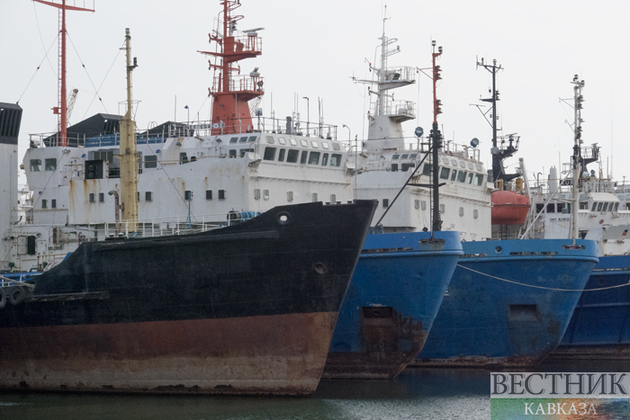The grain deal came to an end on July 18: Russia refused to extend it again because the part of the deal envisaging the removal of obstacles for Russian agricultural exports had not been implemented.
"We’ll continue to work with allies and partners to find new ways to get grain out. But there’s no possible way, just mathematically, we’re going to get as much grain out now as we were going to be able to get out through the grain deal if it had been extended," National Security Council spokesperson John Kirby said.
Russian Ambassador to the U.S. Anatoly Antonov said that the United States has turned the humanitarian Black Sea initiative into a commercial project.
"Washington has not lifted a finger to eliminate the agricultural agreements distortions that were created by the U.S. At the same time, the United States turned the Black Sea Initiative that was originally conceived as a humanitarian one, into a commercial project for the benefit of Western agricultural companies," Anatoly Antonov said.
The diplomat noted that for almost a year, food products were supplied not to destitute countries, but mainly to developed states.






